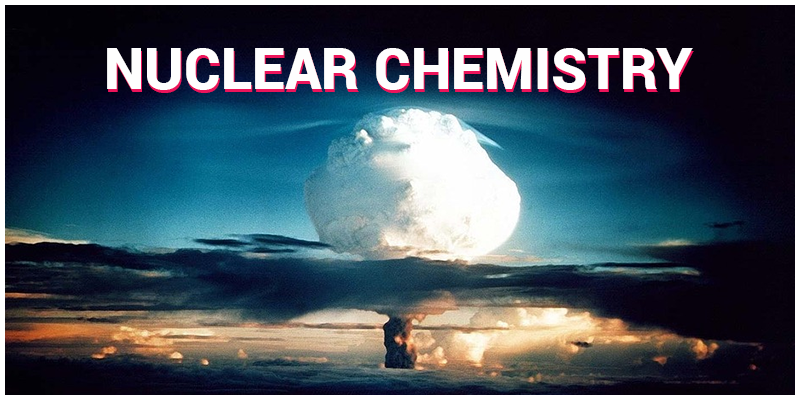New Revolution on Nuclear Chemistry at Chemical Engineering Congress 2023

Nuclear Chemistry
Nuclear chemistry is the branch of chemistry that deals with radioactivity, nuclear processes, and transformations within the nucleus, such as transmutation and nuclear properties.
This is the chemistry of radioactive elements such as actinides, radium, and radon, and the chemistry associated with devices designed to carry out nuclear processes, such as nuclear reactors. This includes surface corrosion and behavior under normal and abnormal operating conditions (such as accidents). One important area is the behavior of objects and materials after being placed in a nuclear waste repository or landfill.
This includes studying the chemical effects of radiation absorption by living animals, plants, and other materials. Radiation chemistry controls most of radiobiology because radiation affects organisms at the molecular level. In other words, radiation changes the biochemical within the organism, and changes in the biomolecules change the chemistry occurring within the organism. This chemical change can have biological consequences. As a result, nuclear chemistry has greatly contributed to the understanding of medical treatments (such as radiotherapy for cancer) and enabled the improvement of these treatments.